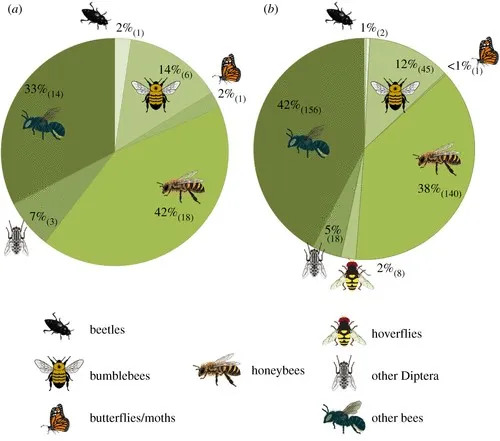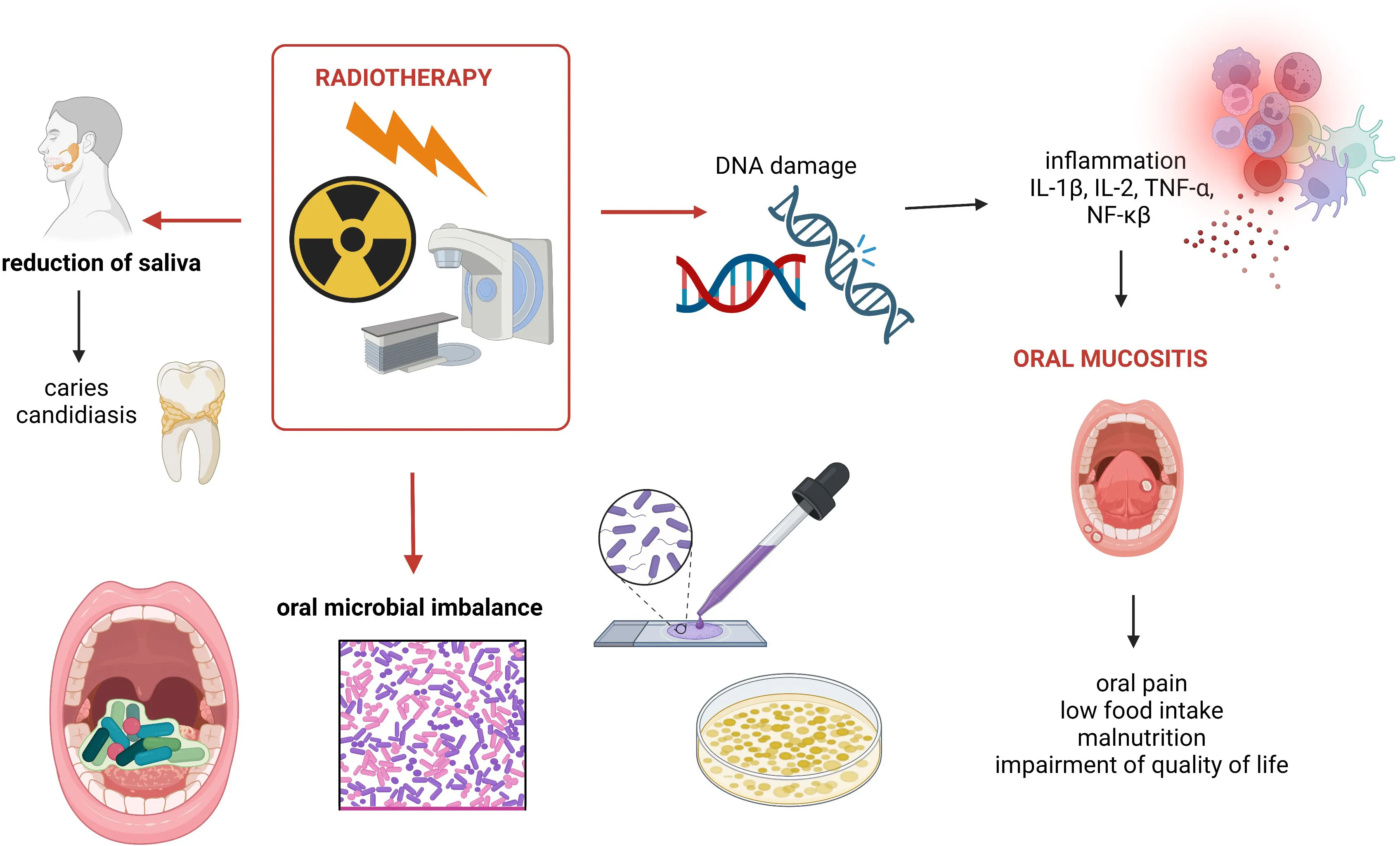Trends
Anti-Cancer Therapy Options in Pediatric Patients, Prevalence of Oral Mucositis, and Treatment Strategies in Saudi Arabia: A Cross-Sectional Survey
Biometrics System and its Uses in Forensic Science
Preventive Measures to Prevent the Abuse of Mydrapid and Plegica eye Drops as Narcotics in Palestine
This article aims to
shed light on the significance of insect biodiversity on ecosystem functioning
and stability by reviewing pieces of literature exploring how insect
biodiversity would affect and be influenced by that ecosystem. Relationships of insect biodiversity to
pollination, nutrient cycling, and human life have been investigated in the
introductory section, as well as the usage of insects in biological control, and
their role as disease agents. It is axiomatic that the flow of materials
through an ecosystem would significantly vary without the bioprocesses of
chemotrophic, autotrophic, and heterotrophic. Living organisms are the
key components of the functioning and stability of any ecosystem, by far;
insects are the most dominant species on Earth. An approximate 5.5 million
organisms are described and classified as insects; supporting the fact that insect biodiversity constitutes an integral part of the overall biodiversity of all living
organisms. On the other hand, the effect of insect biodiversity on the
ecosystem and the effect of the ecosystem on insect biodiversity have not been
adequately studied, necessitating the need to explore this substantial
phenomenon.
Share This Post:

Khalil Salem Abulsba
Zoology DepartmentZoology Department, Faculty of Science, El-Mergib University, Al-Khums, Libya







